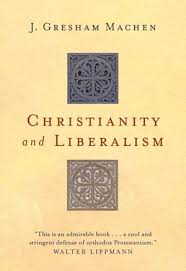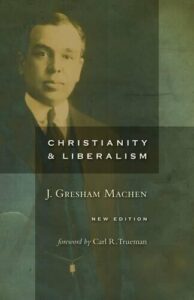
Some readers of my earlier posts on Liberal theology have challenged me to explain what I mean when I refer to Liberal theology. It is claimed that the word “Liberalism” has been abused to disabuse and slander other believers simply because of some ‘minor’ theological differences. Truth be told, liberalism is no minor theological issue. It is a dangerous distortion of biblical Christianity precisely because it uses familiar theological term but invests in these terms meanings that are contrary to what the Bible originally teaches.
Liberalism is the reigning paradigm among biblical scholars and theologians teaching in Western secular universities today. I recommend my readers read John Barton, A History of the Bible: The Book and Its Faiths (Penguin, 2020) to become acquainted with contemporary liberalism.
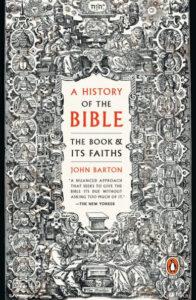 A cursory reading of Barton’s book shows that doubts about the historical reliability of the Bible run through the whole book. Given below is a small sample of Barton’s skeptical conclusions: Continue reading “Liberal Scholarship can be Sophisticated and Erudite (John Barton), but “Liberalism is not Christianity. It’s Another Religion Altogether” (J.G. Machen)”
A cursory reading of Barton’s book shows that doubts about the historical reliability of the Bible run through the whole book. Given below is a small sample of Barton’s skeptical conclusions: Continue reading “Liberal Scholarship can be Sophisticated and Erudite (John Barton), but “Liberalism is not Christianity. It’s Another Religion Altogether” (J.G. Machen)”
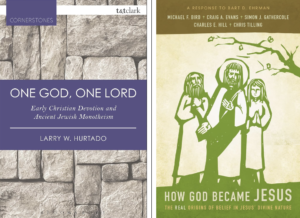
 Former church turned into a bar
Former church turned into a bar

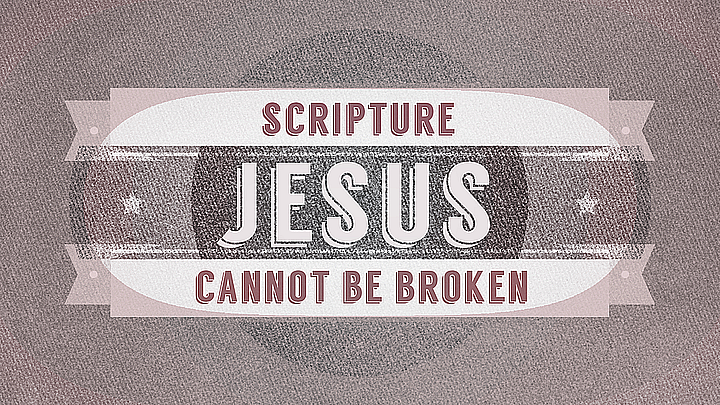
 Dog-Thoughts as we enter into the Year of the Dog: Part 4
Dog-Thoughts as we enter into the Year of the Dog: Part 4

